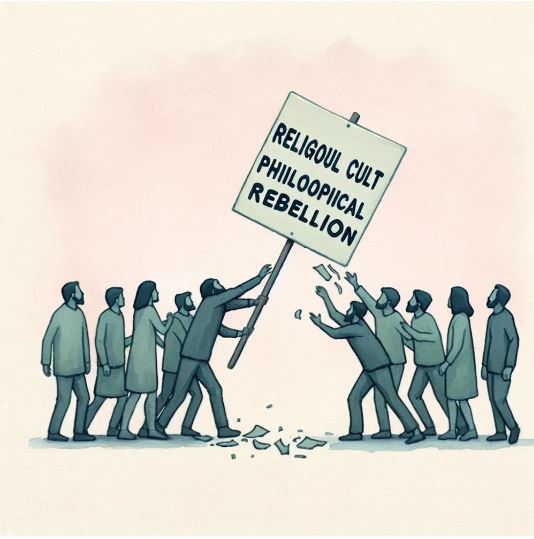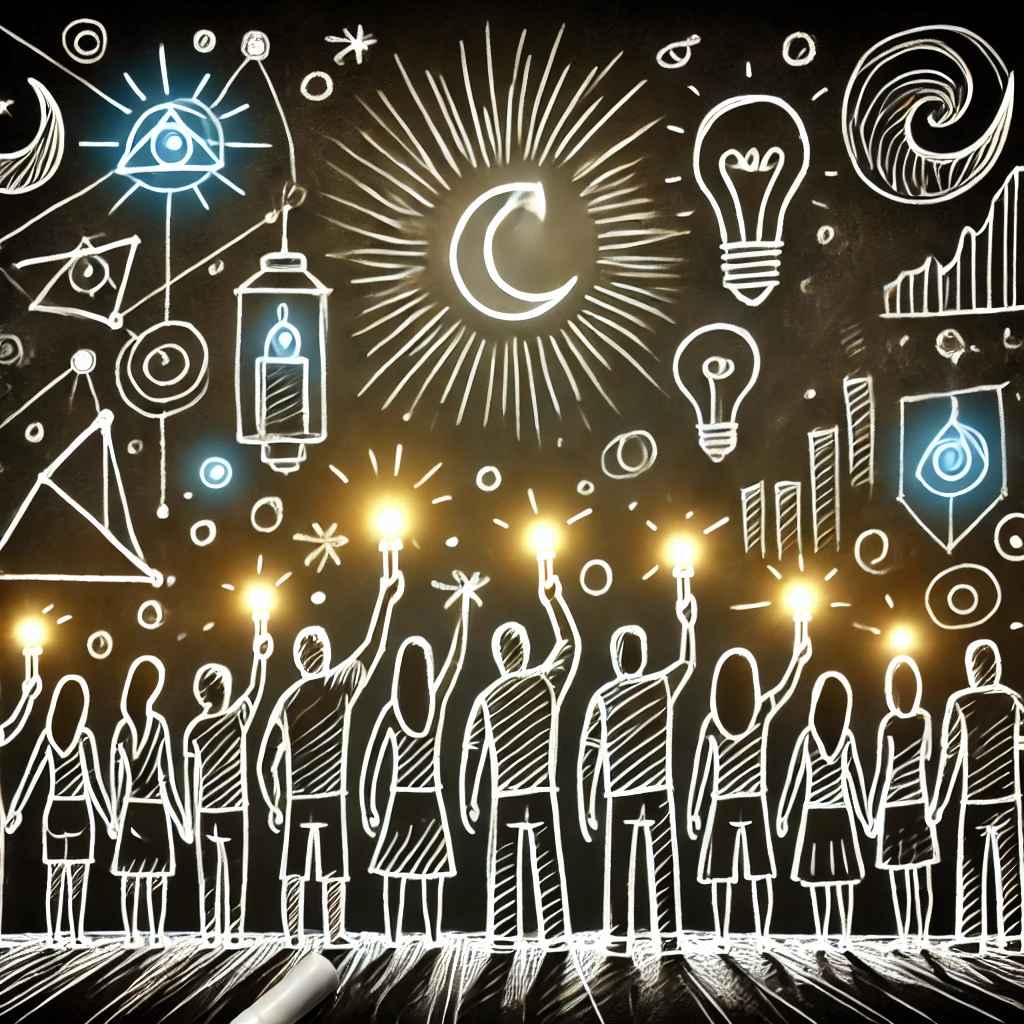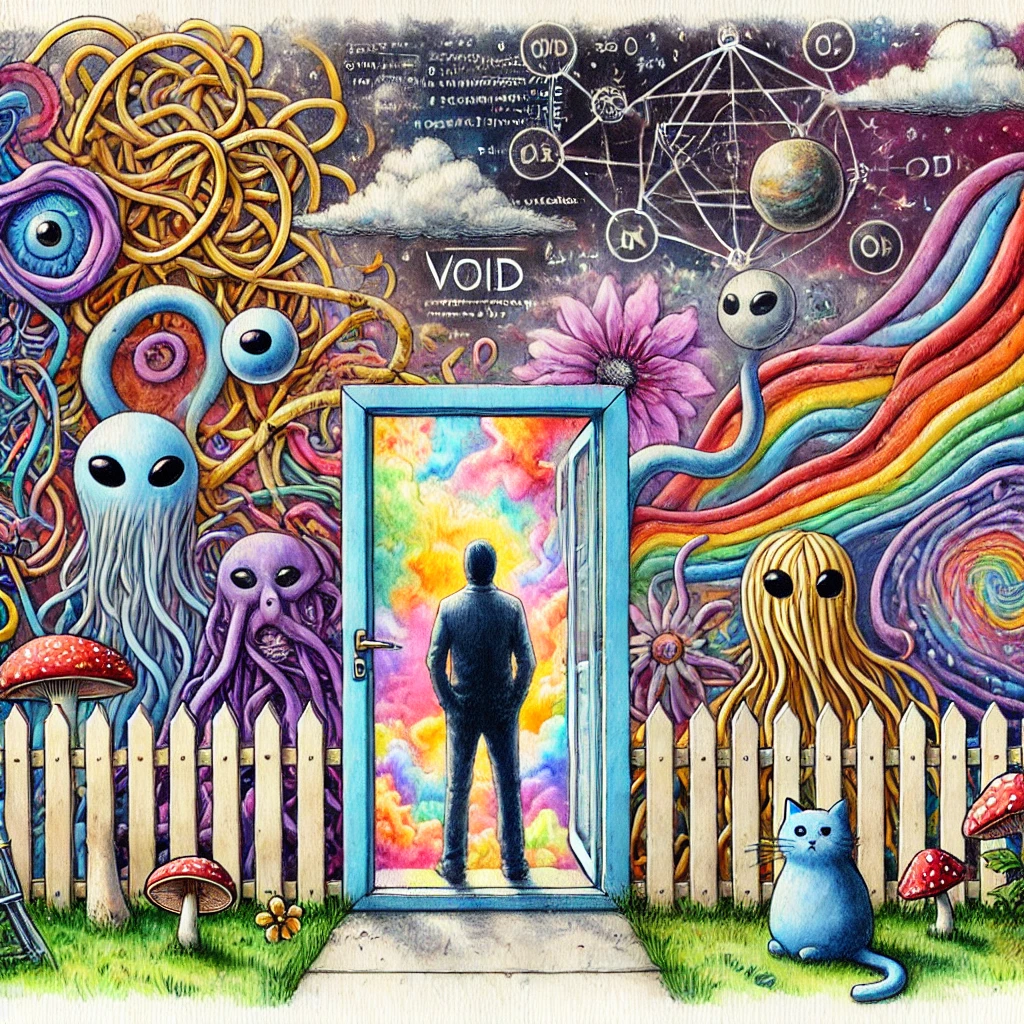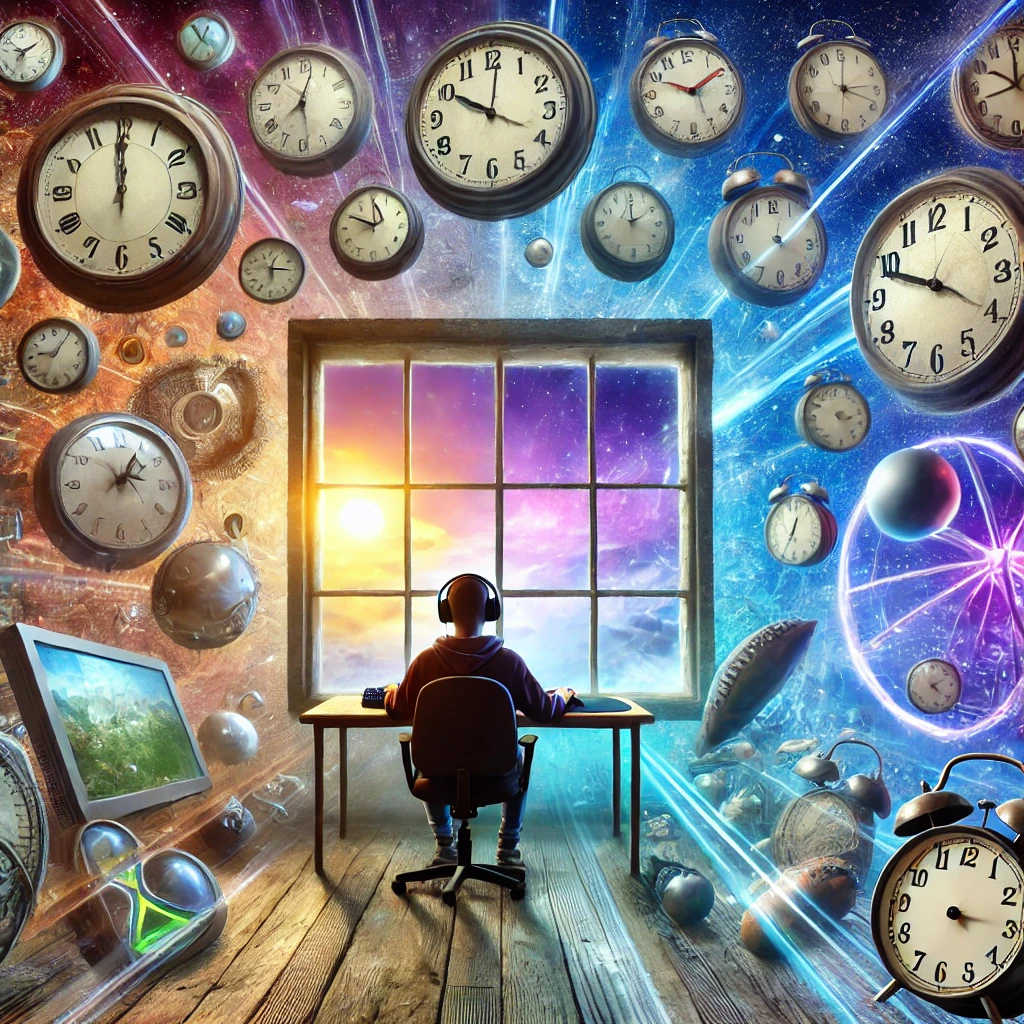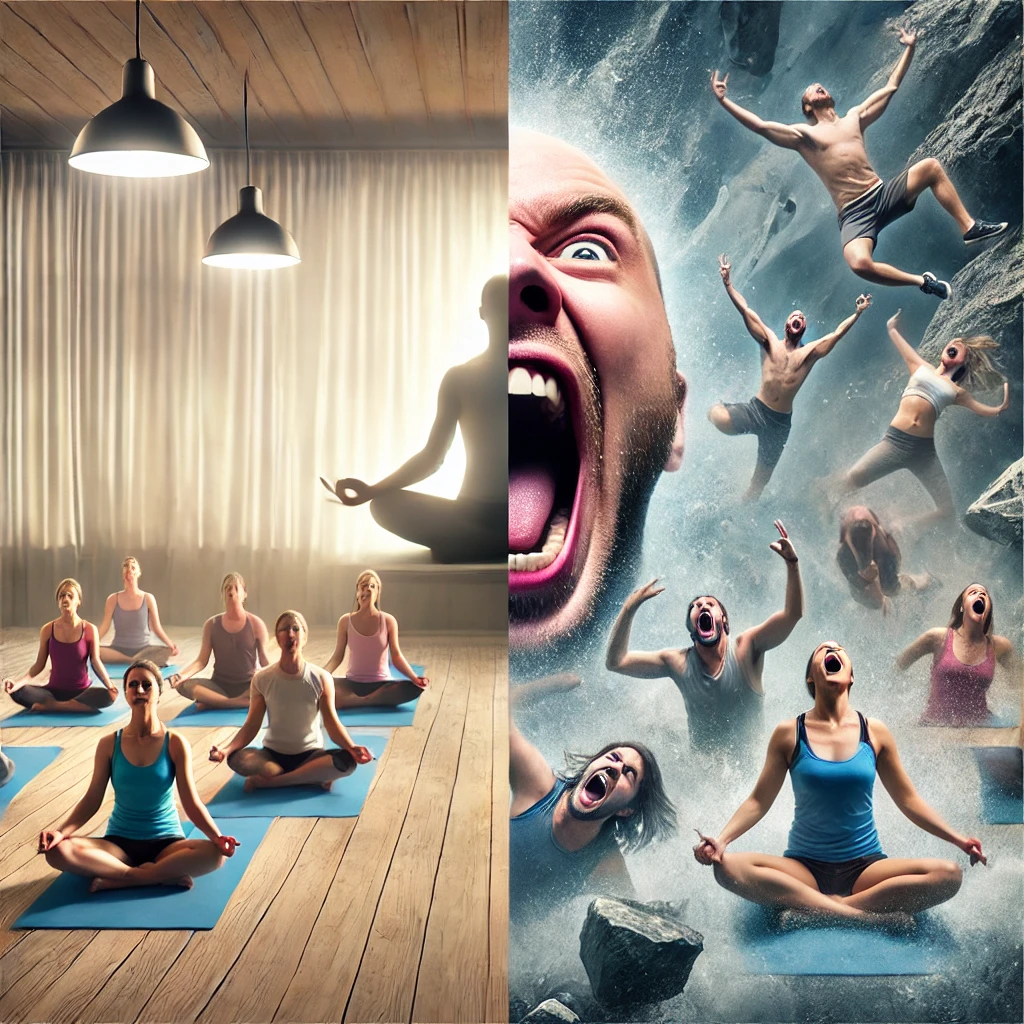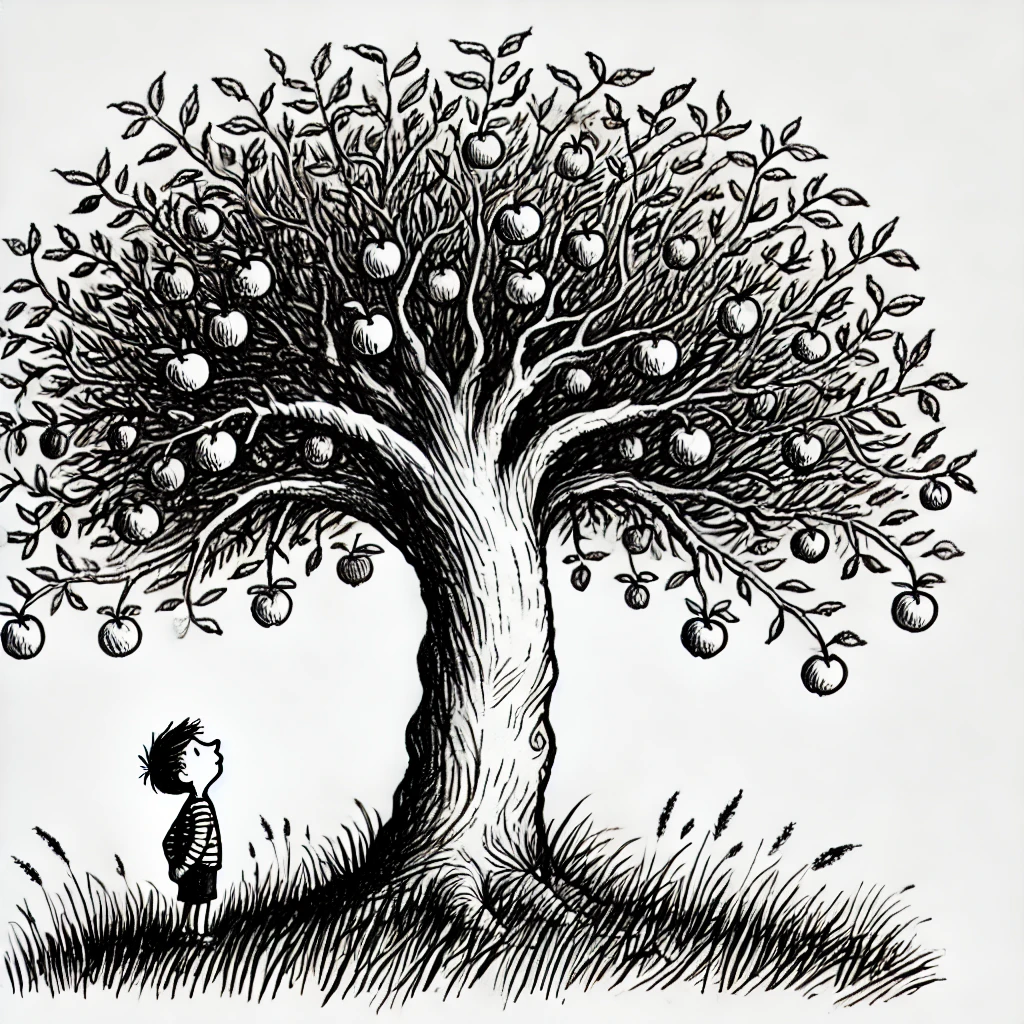Let’s talk about the word cult. Yeah, that word. The one that instantly conjures images of bunkers, matching tracksuits, and one very intense guy named Gary with a messiah complex and suspiciously expensive sandals.
We know how it looks. We named ourselves The Cult of Brighter Days, and some of you flinched. We get it. We’d flinch too. The word “cult” carries the weight of real trauma—of communities gone terribly wrong, of power abused and hope weaponized. So let’s be clear: we are not that.
And we’re not making fun of it either. The history of real cults is steeped in pain: emotional manipulation, coercive control, spiritual abuse, and in too many cases—outright tragedy. We don’t joke at those survivors. We joke around the horror to disarm it, examine it, and dismantle the systems that made it possible.
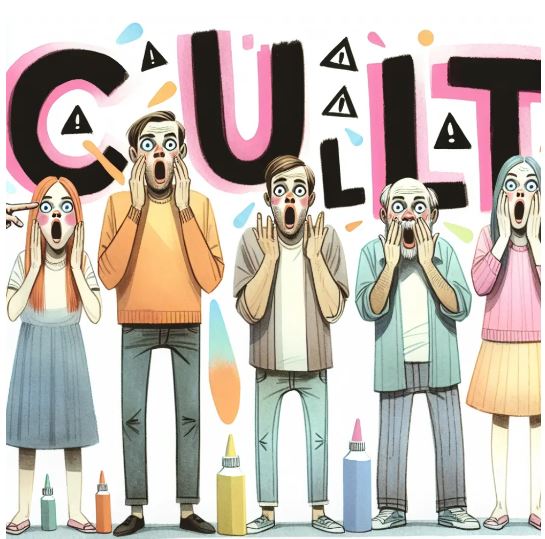
So… why even use the word?
Because “cult” wasn’t always a four-letter word.
It comes from cultus—Latin for “to care, to tend, to cultivate.” A cult was originally just a group of people devoted to something. A shared belief, a set of values, a practice. That’s not evil. That’s community.
The problem Isn’t the concept. It’s what you feed it—and how power is wielded once people are hooked.
Psychologically, most people don’t join cults because they’re gullible. They join because they’re hurting. They’re looking for meaning, belonging, and structure in a world that often feels like a flaming roulette wheel. Cults step in offering absolute answers to complex pain—and that certainty can feel like a lifeline.
Especially if you’ve grown up with chaos, neglect, or a deep sense that you never quite belonged. (Shoutout to our neurodivergent weirdos—we see you.)
But the lifeline comes with strings. Coercive control—a slow erosion of personal boundaries through love bombing, information control, and isolation—starts to take hold. It doesn’t look like manipulation at first. It looks like home. That’s the trap.
But are there good cults?
Well… kind of. Most of the “good” ones don’t call themselves cults. They’re fandoms. Movements. Collectives. Their strength lies in transparency, shared power, and the ability to joke about themselves. That last part’s important—if a group can’t take a joke, you might be in trouble.
But here’s the deeper truth: Anything with power has duality.
Think of it like yin and yang, or if you’re feeling spicy—the Force. There’s a light side and a dark side in every movement, belief system, or philosophy. The potential for healing and harm exists in equal measure. What matters is how consciously we wield it.
Power that only claims to be good? Be suspicious.
Power that acknowledges its shadow and works to hold it accountable? That’s where trust can live.
So when we play with words like “cult,” we’re not ignoring the dark—we’re acknowledging it, integrating it, and using it as a compass. We walk with both sides of the Force and choose daily which one gets the steering wheel.
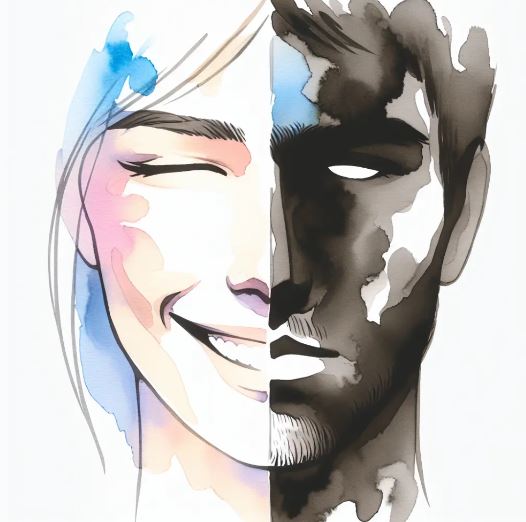
This isn’t a religious cult. It’s a philosophical rebellion.
We’re not claiming divine authority. There are no deities here unless you count Caffeine and Chaos as minor household gods. We’re not selling sacred truths wrapped in mystery boxes. We’re playing with ideas. Loudly, joyfully, and with full consent.
The Cult of Brighter Days Is rooted in Abiscoridism—our beautifully absurd little philosophy that says: “Reality is nonsense. Try to be kind anyway. Laugh if you can. Make things better if you’re able. And if not? Take a nap.”
This is a movement built on transparency, autonomy, and mutual respect. No hierarchies. No hidden texts. No “you just don’t get it yet” gaslighting. If something doesn’t sit right, question it. If someone’s being a jerk, call it out. If you want to leave? You’re always free to walk.
So what are we, really?
We’re a soft place to land for people who’ve felt the edge of the world and decided to stay weird anyway.
We’re a philosophical sandbox where absurdism meets activism. We know belief can be dangerous, but it can also be healing—when it’s chosen freely, explored critically, and never weaponized.
We don’t want your soul.
We just want to share some light.
So yeah. We’re a “cult.”
But the kind that hands you a flashlight, not a Kool-Aid cup.
